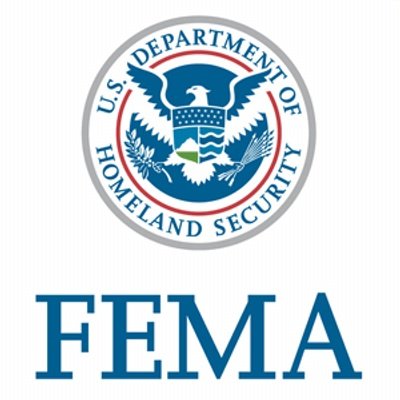Trump won't be sending 'presidential alert' from his phone, FEMA says
CNN/Stylemagazine.com Newswire | 10/3/2018, 4:57 a.m.
By Gregory Wallace
(CNN) -- The "presidential alert" headed to Americans' cell phones won't actually be written by President Donald Trump, the Federal Emergency Management Agency said Tuesday.
Wednesday afternoon's message is the first nationwide test of the system built by the government and cell phone carriers to push an emergency message to nearly all cell phones in the US, a senior FEMA official told reporters on a Tuesday conference call.
Despite the name, "the president will not originate this alert, say, from his mobile device," the official said. "You would not have a situation where any sitting president would wake up one morning and attempt to send a particular message."
That name had generated questions about how and when the system can be used. The official said the uses are limited, such as to a "coordinated attack on our major cities across the country" or "some other type of public peril that is ongoing in the country at the time."
The FEMA official spoke to reporters on a conference call the agency arranged on the condition of anonymity. FEMA did not elaborate on why the official could not be named.
The official said the system includes safeguards. In a real emergency, a FEMA official using a device "very similar to a laptop computer" will receive information from multiple federal agencies and the White House, and select one of several pre-written messages and update it to fit the circumstances. The system requires passwords and the text will be "checked by two people before that message is sent."
Wednesday's test is scheduled to begin at 2:18 p.m. ET.
"THIS IS A TEST of the National Wireless Emergency Alert System. No action is needed," the phone message will read
A similar but slightly longer test message will be sent over television and radio stations two minutes later.
The "presidential alert" will look and sound similar to other emergency notifications, such as amber and severe weather alerts. Unlike those alerts, phone users cannot opt-out, or disable, their phones from receiving the message.
Officials from FEMA and the Federal Communications Commission said that in previous local tests, the message was successfully received by about 75% of phones. Those who did not receive the message may have been on a phone call or had their phone turned off, for example.
This test was originally scheduled for mid-September, but was postponed because FEMA was also responding to Hurricane Florence. The official said it is required by law to test the system at least once every three years.




